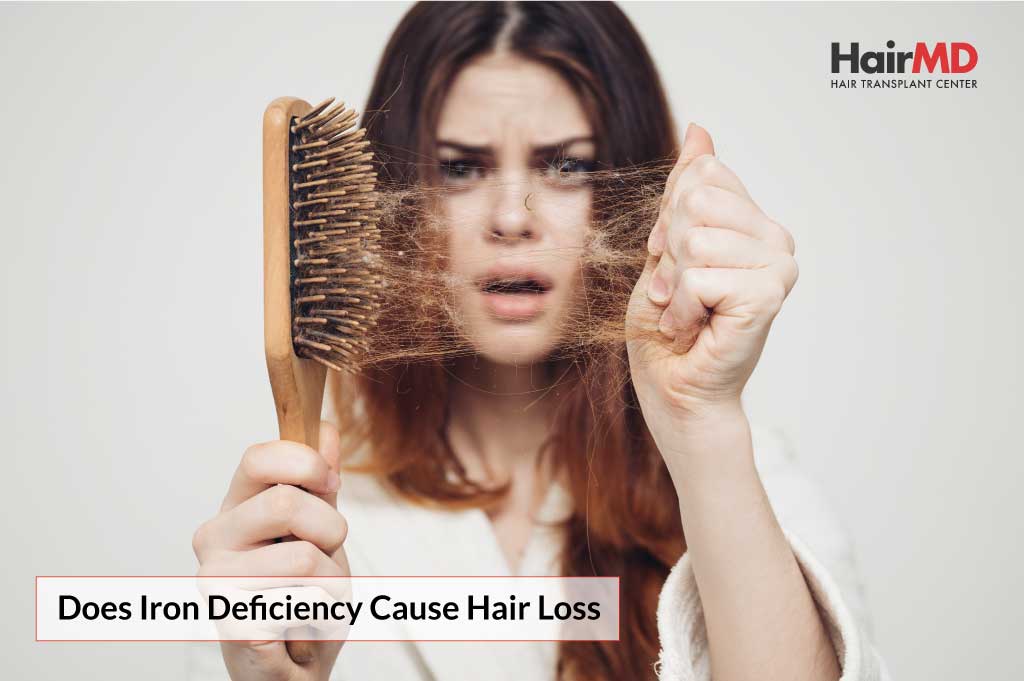Table Of Content

Anemia (iron deficiency), a condition common among women, can contribute to hair loss. Furthermore, researchers have linked insufficient selenium, zinc, vitamin B12, riboflavin, and vitamin D to alopecia. Excessive hair shedding can become long-term if you continue to experience high levels of stress for an extended period. Telogen effluvium occurs when large numbers of hair follicles push into the resting phase. While sudden or extreme hair loss can be alarming, there are often simple solutions. By addressing the underlying cause and making some lifestyle changes, you may be able to stop or prevent hair loss.
Hair loss symptoms
9 Best Vitamins for Hair Growth, According to Dermatologists 2024 - Glamour
9 Best Vitamins for Hair Growth, According to Dermatologists 2024.
Posted: Mon, 15 Apr 2024 07:00:00 GMT [source]
Beyond that, age, hormones, stress, and even the way you style your hair can lead to hair loss. Another cause of hair loss is called telogen effluvium (TE), which is typically temporary. According to the American Academy of Dermatology (AAD), TE isn’t actually defined as “hair loss,” but rather as excessive hair shedding. Although it’s more common in men, hair loss regularly affects women and people of other genders.
How Is Female Hair Loss Treated?

It’s another expensive treatment that isn’t generally covered by insurance, but it tends to be a long-lasting solution. A few people who have alopecia areata lose all the hair on their body. When this happens, the disease is called alopecia universalis. This is a procedure in which your doctor removes hair from a part of your scalp where hair growth is full and implants it into an area where hair is thinning. Once the stress goes away, your hair may get back to normal in 6-9 months.
How we vet brands and products
It had a growth-promoting effect when tested on female hair follicles as well. Some research, including a 2024 review, suggests that there may be a connection between vitamin D deficiency and alopecia. Although more research is needed, it’s possible that treating this deficiency could help with hair regrowth. Vitamin A is partly made up of retinoids, which support healthy hair growth and influence the hair cycle. But it’s dose-dependent, meaning that consuming too much — or too little — can damage your hair.
Can Hard Water Cause Hair Loss? Here's What the Experts Say - InStyle
Can Hard Water Cause Hair Loss? Here's What the Experts Say.
Posted: Fri, 10 Nov 2023 08:00:00 GMT [source]
For Trichophyton infection, oral Lamisil (terbinafine), Sporanox (itraconazole), and Diflucan (fluconazole) may be prescribed. There’s some evidence that Gris-PEG (griseofulvin) is effective against another fungus, Microsporum. The exact pattern of hair loss depends on what’s causing it, and it can vary based on sex. You're likely to first bring your concerns to the attention of your family doctor. He or she may refer you to a doctor who specializes in the treatment of skin problems (dermatologist). If your hair loss is due to a medical condition, the cost of a wig might be covered by insurance.
Androgenetic alopecia can occur at any age after puberty, but it’s most common in postmenopausal women. Advancing age and a family history of the condition are two of the primary risk factors. In addition, a healthcare provider might recommend forms of light therapy like using the HairMax Lasercomb®. Another FDA-approved laser product is the Theradome LH80 PRO® helmet and low-light laser helmets and caps. Finasteride tends to be more effective if you begin taking it when you first notice hair loss.
Treatments for Anagen and Telogen Effluvium
Shrinking can begin as early as your teens, but it usually starts later in life. Other forms of birth control that affect the hormones, such as implants and skin patches, may also cause hair loss. Alopecia areata is an autoimmune condition that causes hair to fall out suddenly. The immune system attacks hair follicles, along with other healthy parts of the body. If a person has anagen effluvium due to undergoing chemotherapy, cooling the scalp during the procedure may help. Hair will often grow back within 3–6 months after stopping chemotherapy.
Injections of corticosteroids help in cases of alopecia areata, which is when the hair loss is caused by autoimmune dysfunction. In a clinical procedure, dermatologists inject these drugs just below the skin of affected areas in the scalp to spur regrowth. Though it rarely causes complete baldness, telogen effluvium causes very rapid hair loss.
In fact, you swear you might be losing hair from your armpits as well. You’ve Googled endlessly about the possible causes, but none of them seem to make sense as to why you might be losing hair. Hair loss is a slow burn, and you might not realize your hair is thinning until a small bald patch begins to appear on your scalp. There’s no outright way you can “prevent” balding, but there are steps you can take to halt any further loss of hair on your scalp. You can expect 10–80% of transplanted hair to grow back in 3–4 months.

In females with androgenetic alopecia, the hair usually becomes thinner all over the head. A person may lose hair as a result of a health-related issue, such as alopecia areata, a nutrient deficiency, or medication use. Treatment for hair loss will depend on the cause, but avoiding heat on the hair and following other lifestyle tips may help. If you lose significant hair, it’s important to protect your scalp.
If you’re dealing with hair loss for any reason, it’s important to be aware of the sensitivity of your hair follicles. Permanent hair loss results from progressive damage to your hair follicles, which are the structures in your skin that house and grow your individual strands of hair. In a small 2014 study, 11 participants saw 30% more growth in thinning areas after 4 PRP sessions. Pricing ranges from $1,500 to $3,500 for your first 3 treatments, and it’s unlikely to be covered by insurance. Ginseng contains certain phytochemicals that may promote hair growth on your scalp. But further research is needed to recommend specific dosages.
Telogen effluvium is a condition in which the hair remains in the telogen phase of the cycle. This causes more hair than usual to fall out, sometimes in handfuls. Sudden weight loss and very restrictive diets can also cause telogen effluvium. In men and women, such hair loss can accompany rapid weight loss following bariatric surgeries, such as gastric bypass.
Some people may choose to use a scalp concealer, hair topper, or other product to cover hair loss. A person should contact a doctor for a blood test to check whether they have a nutritional deficiency that could be causing their hair to fall out. Certain medications have side effects that can cause hair to fall out. Avoiding tight hairstyles will usually prevent further damage. Hair loss is one of the most common side effects of chemotherapy. Alopecia areata affects up to 6.8 million people in the U.S.
But if your follicles become damaged, the hair loss may be permanent. See your dermatologist if you notice this type of hair loss. The sooner you start treatment, the better the chances for hair regrowth.
























